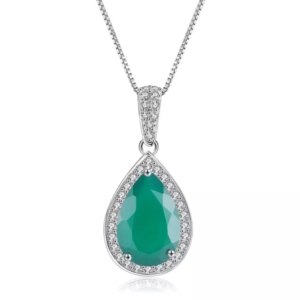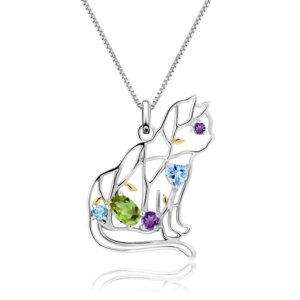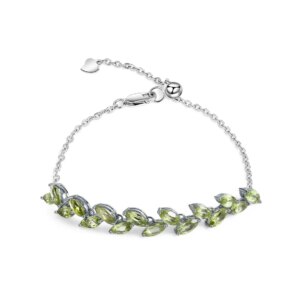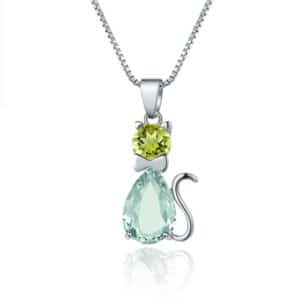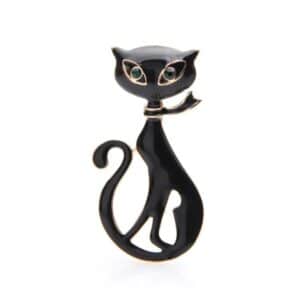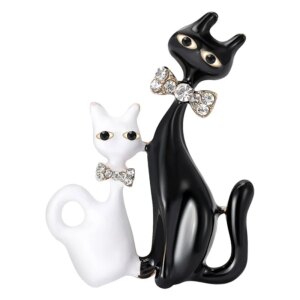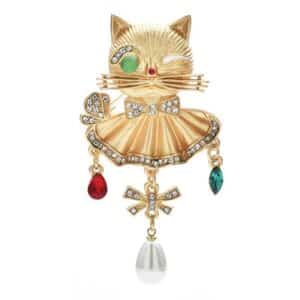Unique Gift Ideas
Don’t settle for a boring gift. Get inspired by these unique ideas that will make anyone feel extra special.
A Selection of our Newest Products Just Added
[grw id=25155]
Cat Karma Creations – Cat Themed Jewelry
Welcome to our Cat Karma Creations family. Our Celtic roots originate in Wales and we spend time here and in Canada as we are Welsh-Canadians and like to dip our “paws” on both sides of the pond! We love cats which are central to our image and story. Our in-house jewelry designer and founder, Jules finds inspiration from both sides of the pond and you will find her imaginative unique designs in our “exclusive designs” section. We also offer custom designs on some products, so please reach out if you would like something custom-made, for example, a different size or stone and we will try our best to accommodate you.
Cat Karma Creations is a line of uplifting and stylish jewelry, beautiful cat themed jewelry designs inspired by love and happiness. Whether for yourself or for the special person in your life, our pieces will bring joy to any occasion with their unique blend of artistry and quality materials. From necklaces and bracelets to earrings, rings, and anklets, you’ll find something that adds an extra sparkle of delight to your day! Along with our jewelry, we also offer unique yoga-inspired items like blocks and bolsters that help deepen your practice and create a cozy zen space in your home.
We also work with Cat rescue charities by donating either products or funds to support their fundraising and quest to help these wonderful felines find happiness and safety. By purchasing from us, you are also helping us to help them. We are dedicated to bringing you beautiful products that inspire a feeling of love and happiness. You will find unique and hand-picked products just for you. Why not also visit our sister store Cat Yoga Boutique for more inspirational ideas. Above all, you will feel inspired and empowered by your visit to us today and we hope you also find that special unique gift you’ve been looking for. Feel Meowgical, feel Meowsome, feel Pawsome.
We hope you love our selection of “Silver Jewelry“, “Cat Themed Jewelry” and other assorted products. Why not visit our Cat Karma Boutique for more inspirational Cat and Yoga-related products and gift ideas. You can also find us on Facebook, Instagram, Pinterest, and Twitter. We hope you enjoy your shopping experience with us today and continue your love affair with our favorite meowy friends. Please feel free to leave comments and suggestions in our comments section.





